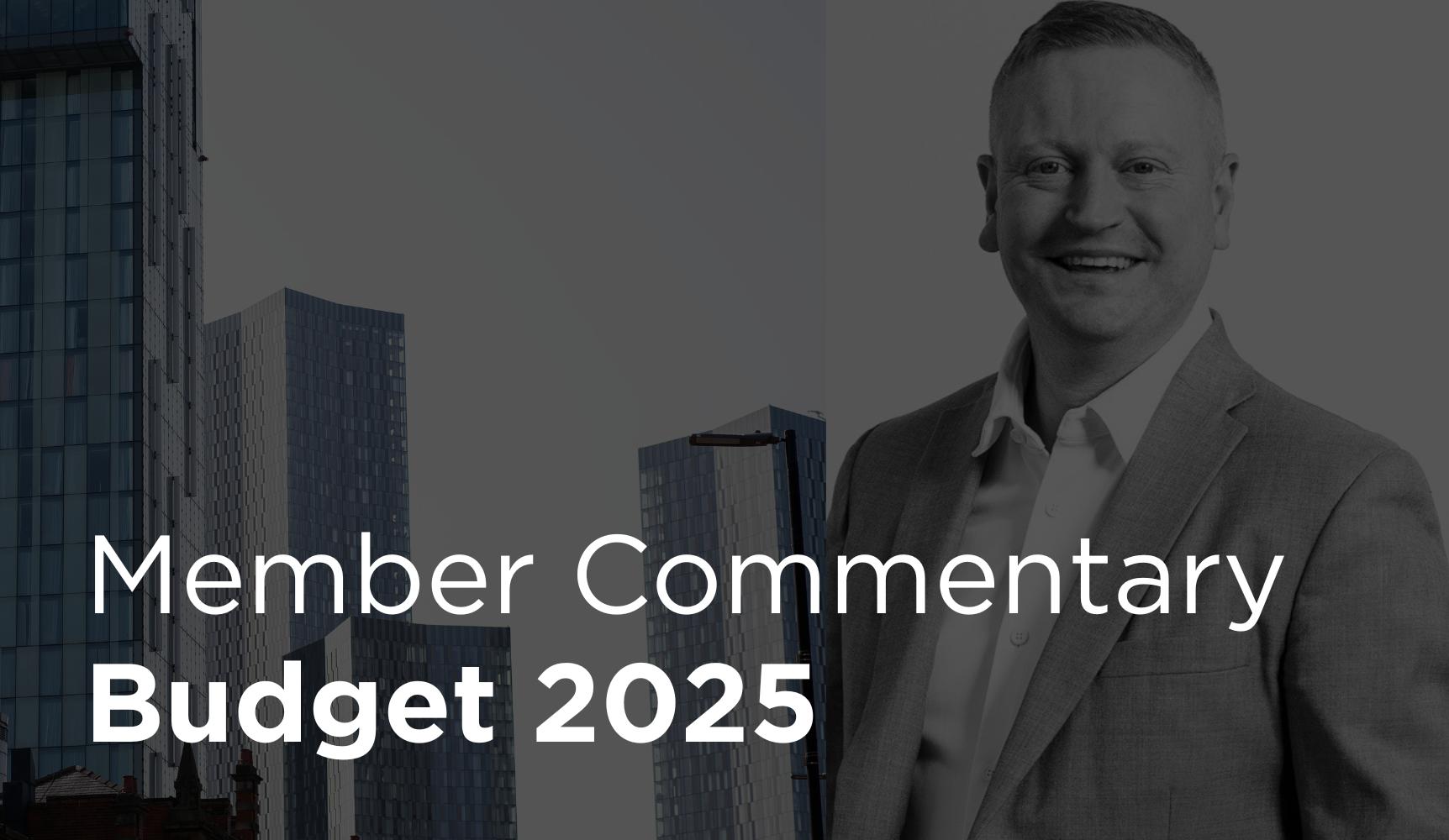Stability, Simplicity and Regional Investment must be at the heart of the Chancellor’s Plans

Comments attributable to: David Clegg, Founding Partner and Chief Revenue Officer at AMS Accountants Group (www.groupams.co.uk)
In the run-up to the Budget, speculation has shifted almost daily. Early rumours of personal income tax rises appear to have faded, replaced by expectations of a series of “fast revenue-raisers” built around continued threshold freezes, tweaks to reliefs, and targeted measures on wealth-linked taxes. These may help the Chancellor meet short-term fiscal rules, but they do little to give businesses the clarity they need to plan, invest and grow.
The priority now should be stability. Businesses repeatedly tell us that it is not the level of tax that unsettles them, it’s unpredictability. Entrepreneurs need to know that incentives won’t disappear overnight, that capital allowances will remain competitive, and that hiring won’t incur sudden cost increases through changes to National Insurance. A multi-year tax roadmap, combined with genuine simplification, would give entrepreneurs the confidence to plan ahead. The UK can remain a competitive home for new and scaling companies, but only if policy moves away from short-term fixes and towards supporting long-term productivity.
Removing barriers
Starting and growing a business in the UK has become harder not because of a lack of ambition, but because of the drag created by complexity, delays and constant policy churn. For early-stage companies, cashflow remains the defining pressure point. R&D tax credits, vital for innovative loss-making businesses, are too often held up for months. Faster processing alone would deliver more practical benefit than many headline-grabbing announcements. If the Chancellor wants founders to keep backing the UK, she must make it easier to hire, build and innovate by simplifying compliance, offering longer-term certainty on reliefs, and unblocking the processes that slow growth.
Surviving 2025 and looking ahead
Survival and future readiness depend on three core strategies: cashflow management, cost flexibility, and forward planning. Businesses should prioritise cashflow forecasting, stress-testing their finances under multiple scenarios, and ensuring access to short-term credit lines or flexible financing options. Companies should more regularly examine their cost base. Where possible, converting fixed costs to more variable arrangements through flexible staffing, outsourcing, or renegotiated supplier contracts. This can help to absorb shocks without jeopardising operations. Businesses need to – as best as is possible – plan ahead for policy and tax changes, considering timing of expenditures, employee benefits, and investment decisions to maximise efficiency under any new Budget measures.
Finally, communication and transparency are critical. Engaging early with investors, lenders, and key stakeholders allows businesses to work through uncertainty while maintaining confidence. Some short-term pain now could lead to companies being able to seize opportunities in 2026 and position themselves for growth and resilience regardless of what the Budget delivers.
Fixing the freeze
If the Chancellor wants to give businesses breathing space, she needs targeted measures that deliver immediate relief without adding long-term fiscal problems. A temporary relief on employer costs, such as a limited NIC reduction for small and medium-sized enterprises, would make it easier for businesses to hire and retain staff. Stabilising business rates and extending transitional relief would help retail and hospitality firms survive in high-cost areas. Simplifying administrative burdens around grants and compliance can free up time for business owners to focus on growth instead of paperwork. Providing access to flexible, short-term capital through public co-investment schemes or loan guarantees can support cashflow in an uncertain environment.
These steps don’t require sweeping reform or large giveaways. They are achievable, politically credible, and directly address the friction that freezes create. For businesses across the UK, practical support now could make the difference between stagnation and growth.
Rebalancing the economy
Across the North, the core challenge is not a lack of ambition but a lack of sustained investment. The North of England continues to sit near the bottom of OECD rankings for both public and private investment. That underinvestment suppresses productivity and limits wage growth.
Take Greater Manchester and Yorkshire: though they’re increasingly seen as engines of regional innovation, progress is still hampered by uneven access to capital and weak transport connectivity. Meanwhile, in the North West, many Levelling Up Fund projects are delayed.
If the Chancellor is serious about closing the regional divide, she should focus on building the “six capitals”: skills, infrastructure, institutions, finance, culture, and connectivity; in deprived areas. By strengthening local capacity and restoring local financial systems, the government can turn vicious cycles of decline into virtuous ones, helping towns and cities in places like the North not just to catch up, but to lead.
Restoring credibility
Accountants are watching the lead‑up to the Budget with a mixture of frustration and caution. The repeated policy U‑turns and leaks, particularly around income‑tax rate rises, threshold freezes, and potential employer NIC or LLP reforms are creating deep uncertainty for clients, especially small- and medium-sized businesses.
Many in the profession see the rumoured retreat on headline rate rises, switching instead to frozen thresholds, as a political compromise, but also a credibility risk. Business badly needs no more surprises and an encouragement to invest in the UK. When policy signals are inconsistent, accountants struggle to give confident, long-term advice: planning capital expenditure, hiring strategy, or cashflow really depends on a stable tax environment.
If the Chancellor wants to rebuild trust, she should publish a multi-year tax roadmap that clearly signals where policy is heading, not just reactive fixes. The alternative is further fiscal drag via stealth freezes and short-term patches which risks undermining business planning, shaking investor confidence, and stifling growth.
The message from the business community is straightforward: clarity over complexity, stability over short-termism, and genuine partnership with the regions that drive the UK economy.

